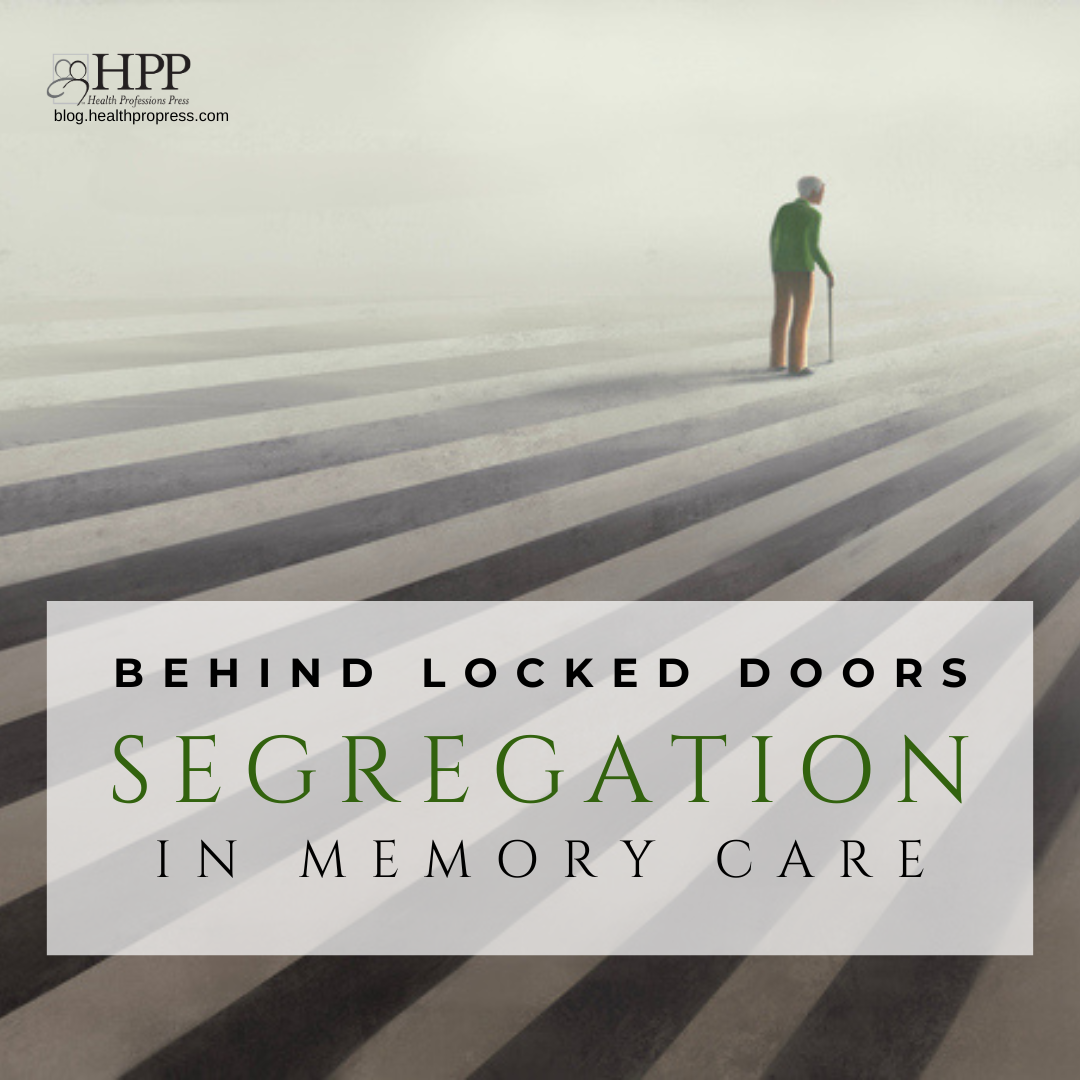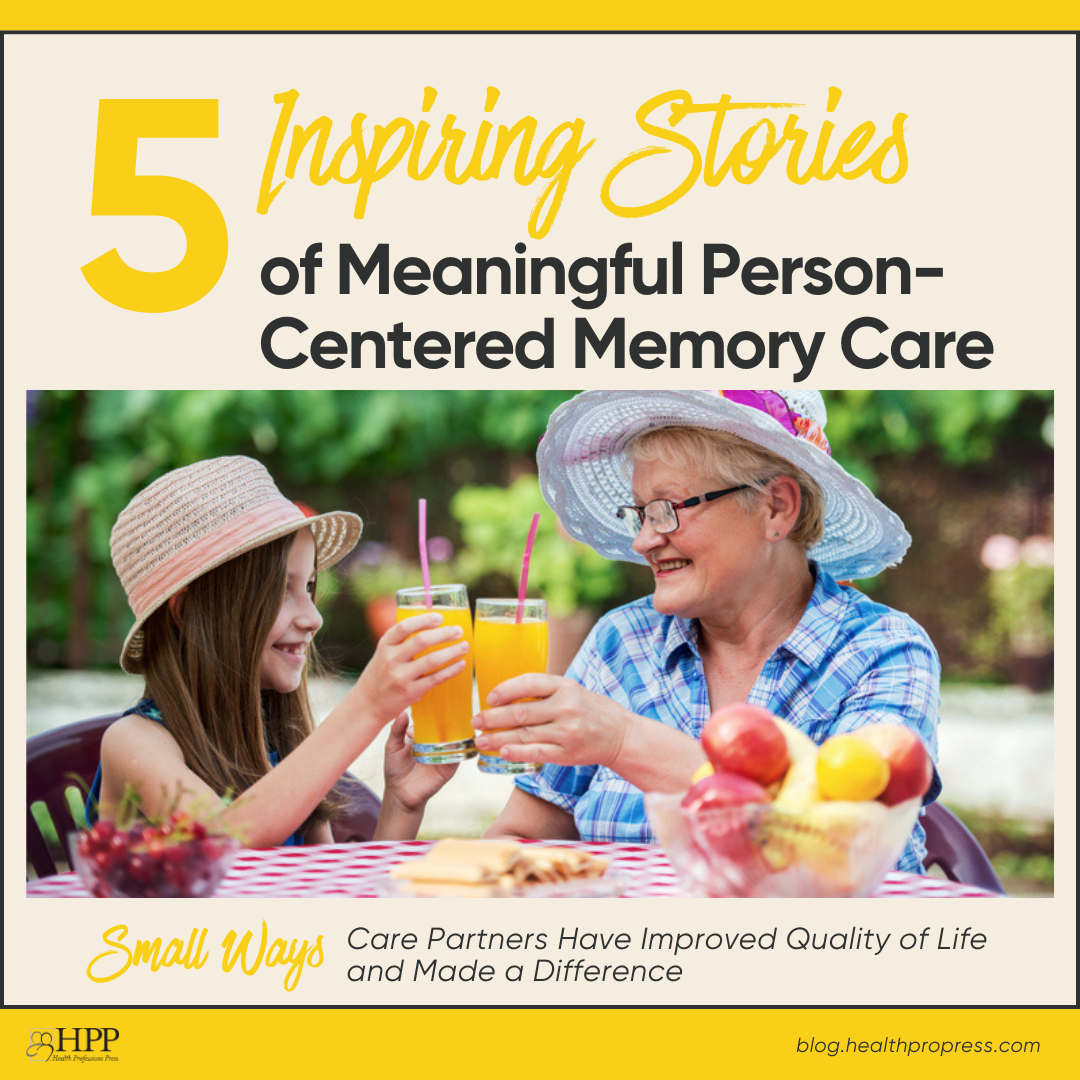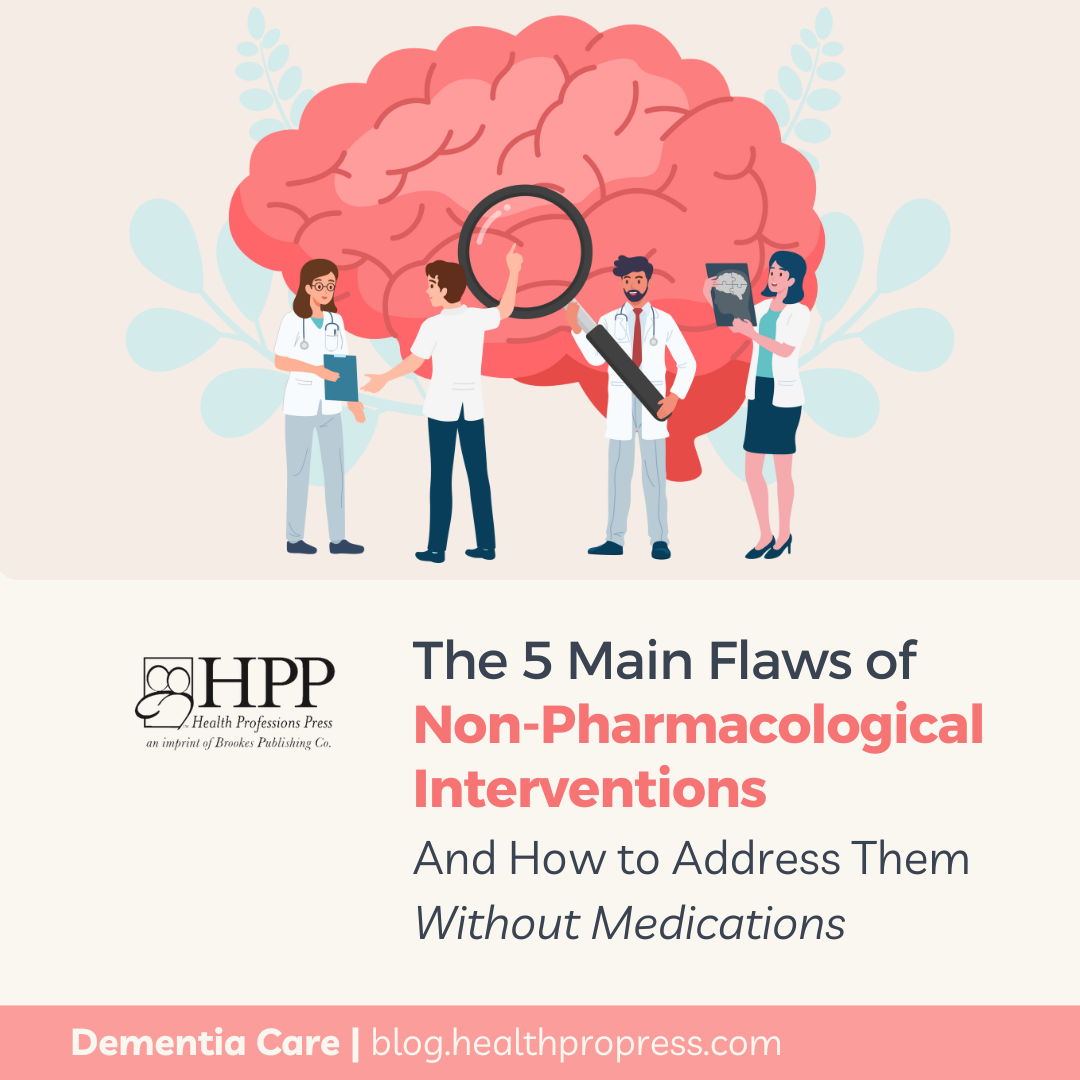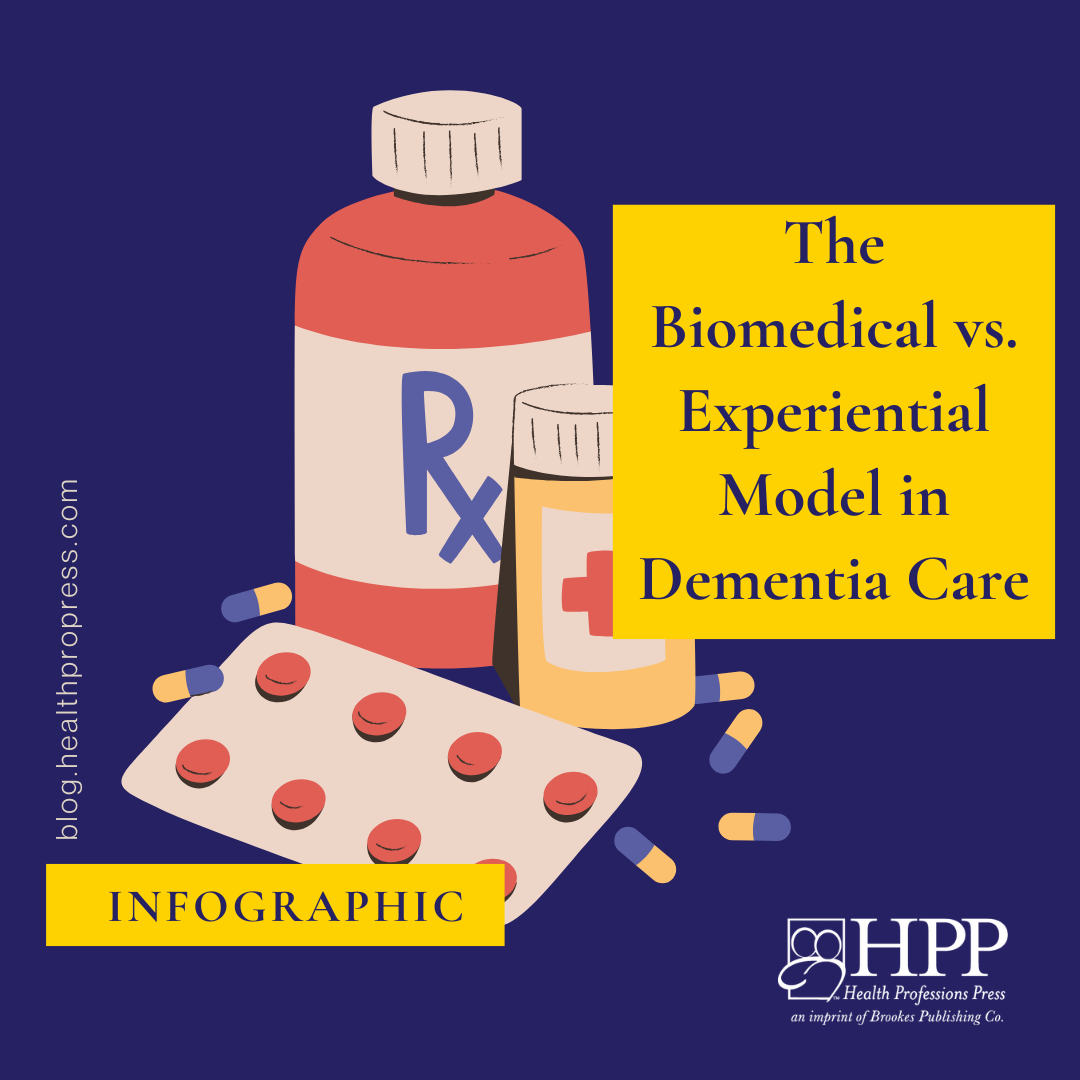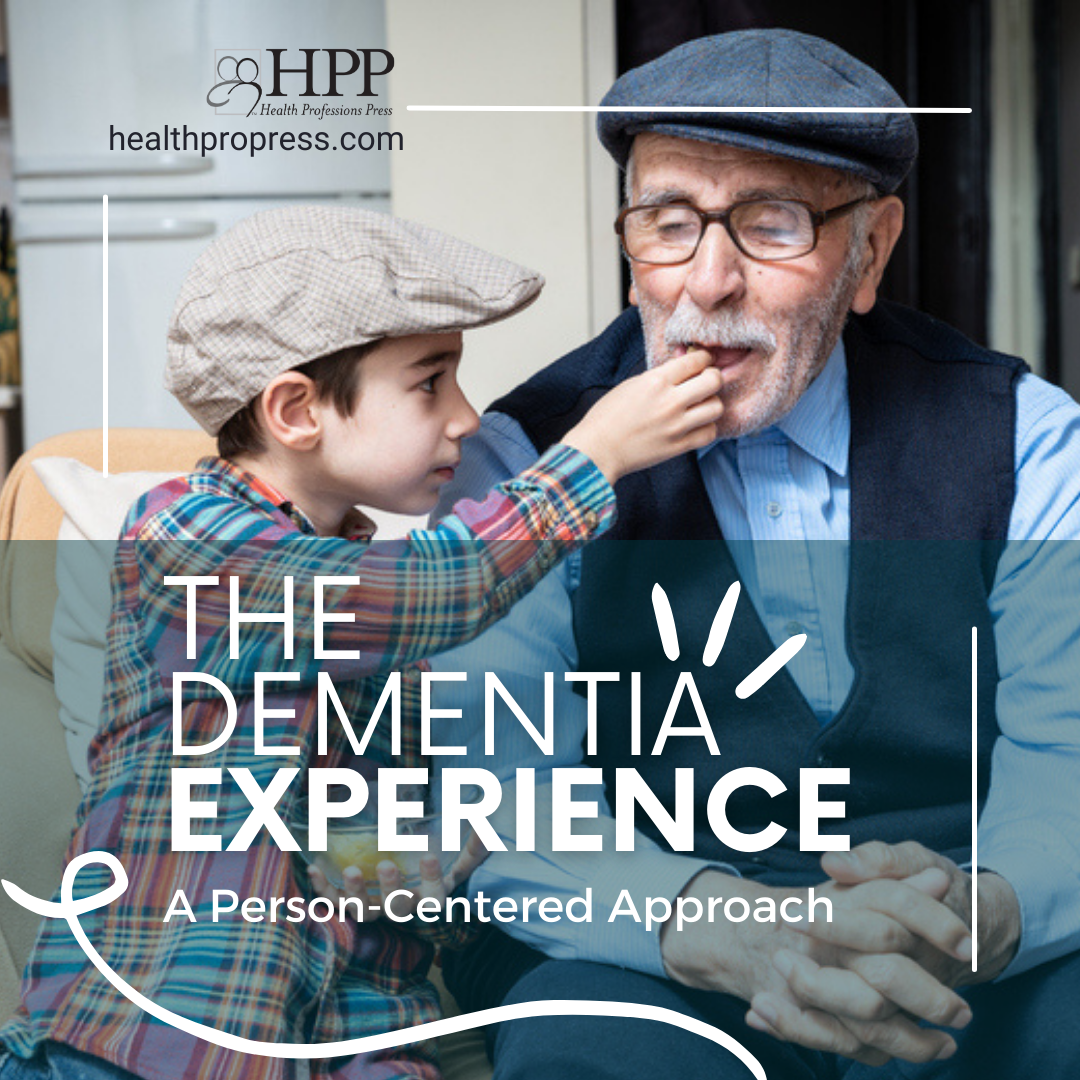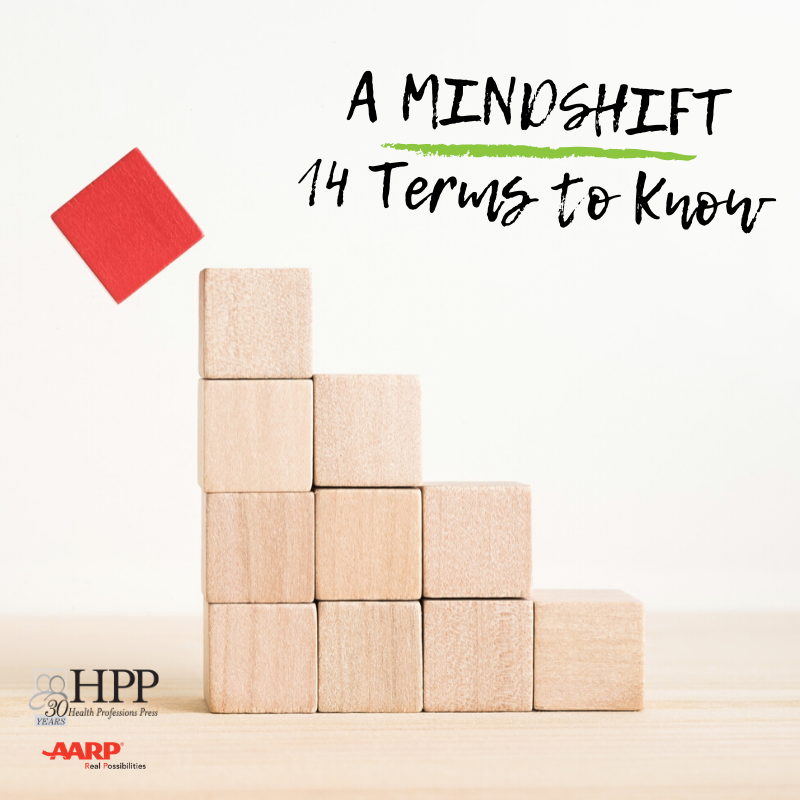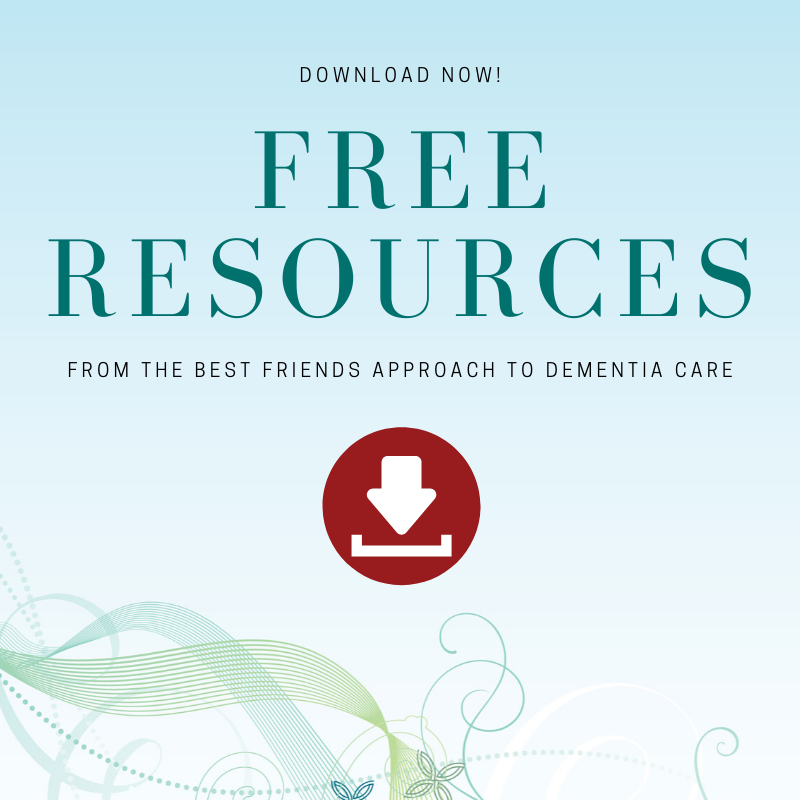
Leading Change in Memory Care: Commitment to Ongoing Education
I like to point out to people working in senior living that change will not only benefit their residents but also their bottom line. I work with families who are beginning their search for a life-affirming environment for a loved one. On a recent call with a man who had toured four nearby places with his father, he could not answer my question about which one he preferred. “Honestly, I can’t tell them apart. They all promise wonderful things, but I didn’t see [evidence of them] as we toured.” If you can tell the stories of the people’s lives you…
READ MORE
